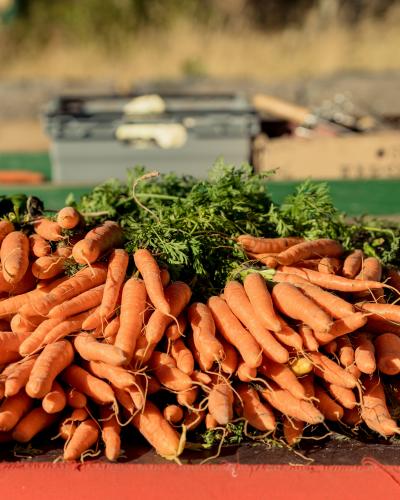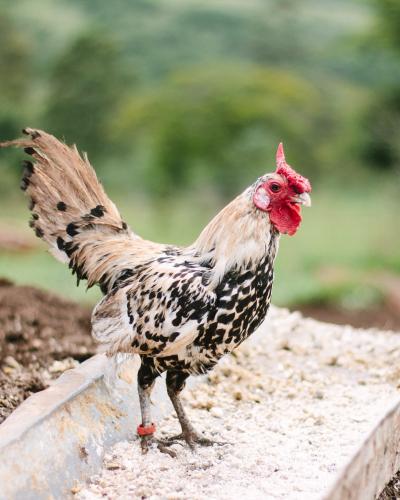A study investigating organic nutrient management conducted at Colorado State University found that on-farm–grown cyanobacterial fertilizer, or cyano-fertilizer...
A new study from Guanajuato, Mexico published in the journal Agriculture found that grapes grown under organic management...
Organic farming systems can significantly improve soil health over time. In a nine-year study published in the Soil Science...
A recent study published in the Soil Science Society of America Journal found that adding organic matter, like compost or manure, can enhance soil health and carbon storage by boosting...
By David Montgomery and Anne Biklé
The original proponents of organic agriculture argued that healthy soils produced healthier food, a...
A new review published in the journal Agronomy compiles scientific evidence showing that using recycled animal waste to manage fertility for food production is important for boosting in yields in...
Using biological soil amendments in organic farming is the most effective way to store carbon in the ground to fight climate change and boost soil health for better food production. And since...
A recent study from Geoderma shows that over time, organic yields can match and even exceed those of conventional when built up soil health and biodiversity lead to better crop production. This...
The prevalence of synthetic nitrogen-fertilizer use and its negative impacts on the environment are critical considerations in conversations about the future of sustainable and regenerative...
Soil health hinges on robust communities of soil bacteria and insects. However, a recent science review published in Frontiers in Environmental Science shows that pesticides sprayed both above and...











